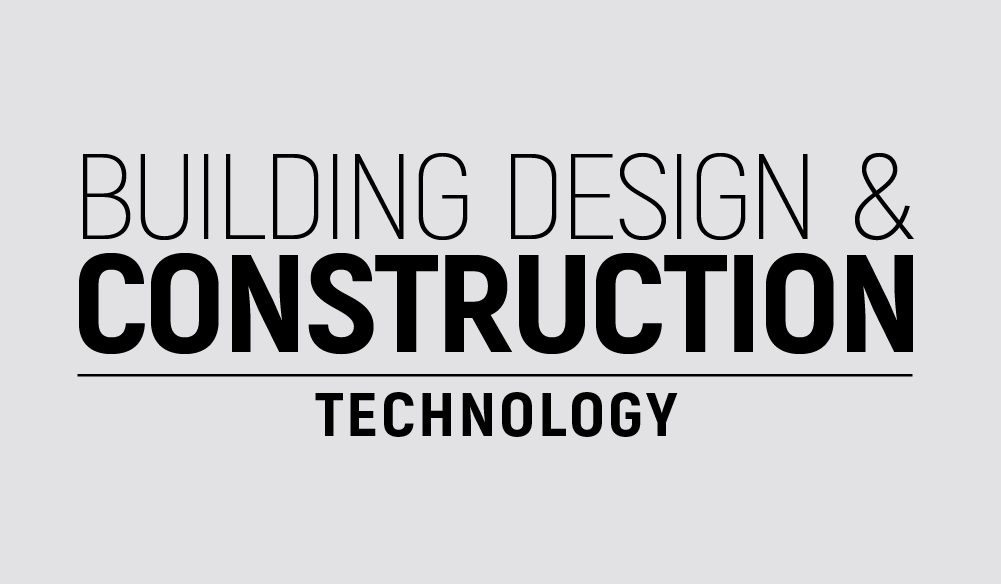Autodesk, Inc. has unveiled the first set of capabilities of Autodesk Forma, an industry cloud that will unify workflows across the teams that design, build and operate the built environment. Forma’s initial capabilities target the early-stage planning and design process with automations and AI-powered insights that simplify exploration of design concepts, offload repetitive tasks, and help evaluate environmental qualities surrounding a building site, giving architects time to focus on creative solutions.
The release marks the first step for the architecture, engineering, construction, and operations industry cloud, as new features and capabilities will be added to Forma on a continual basis.
“Forma gives architecture professionals the agility to work iteratively rather than sequentially between planning and detailed design, supercharging what they can accomplish,” said Amy Bunszel, Executive Vice President of Architecture, Engineering and Construction Design Solutions at Autodesk. “From rapidly evaluating a large set of factors–from sun and wind to noise and operational energy– to offloading computational tasks to the cloud and connecting with Revit, Forma unlocks great value for our customers.”
Forma will help users to rapidly evaluate dozens of design options and improve upon the desired qualities of a design. Productivity gains will be realized from quick project setup; users can unlock advanced capabilities without requiring deep technical expertise; and data can be used to tell a convincing story about the design vision to secure buy-in and bring stakeholders along.
These outcomes will help architecture firms to better meet client demands and achieve higher-quality deliverables, thereby winning more bids and driving business growth.
Included in Autodesk Forma’s initial capabilities:
- Contextual modeling radically simplifies the process to start a new building information modeling (BIM) project. Users can now set up a 3D model of the entire project area within minutes, inputting their own data or buying data sets for selected geographies, all seamlessly within Forma.
- Conceptual design capabilities offer freeform building design tools for users to creatively express their design intents and create complex designs in full 3D in just minutes.
- Automation radically speeds up early exploration of design concepts. With simple yet powerful parametric tools, users can quickly develop many design concepts and variations to ensure the full solution space is explored, giving users time back to focus on their creativity.
- Machine learning performs real-time analyses across key density and environmental qualities such as sunlight, daylight, wind, and microclimate, without users requiring deep technical expertise. Now, environmental analyses can be completed from day one of the design process to meet sustainability requirements and targets.
- Revit add-in provides a file-less sync between Forma and Revit, allowing users to detail their Forma data in Revit and bring it back to Forma for analysis.
CUBE 3, an architecture, interiors and planning firm, is migrating its work to digital, cloud-based solutions to future-proof its business.
“We pride ourselves on creative, intelligent designs that take our clients’ needs, budgets and the environment into consideration,” said Tony Fiorillo, Chief Information Officer at CUBE 3. “When we evaluate software solutions, we’re looking for ways to improve communication with our clients, increase speed to market, allow our team to work with flexibility in a hybrid environment, and help us adapt quickly to change. Solutions like Autodesk Construction Cloud and Forma are a huge value-add–giving us unprecedented access to data, which allows us to work smarter and go where our clients need us.”
With Forma, Autodesk now offers a full end-to-end solution for building design–from early-stage planning through to design in Revit with its vast ecosystem of connected products including Autodesk Construction Cloud. For existing subscribers, Forma is now included in the Autodesk AEC Collection.
“This is just the beginning,” said Bunszel. “I’m excited for the future as we continue to build out Forma, reimagining BIM to focus on achieving outcomes instead of modelling, and connecting data, teams, and workflows across the entire project lifecycle.”
Building, Design & Construction Magazine | The Choice of Industry Professionals





